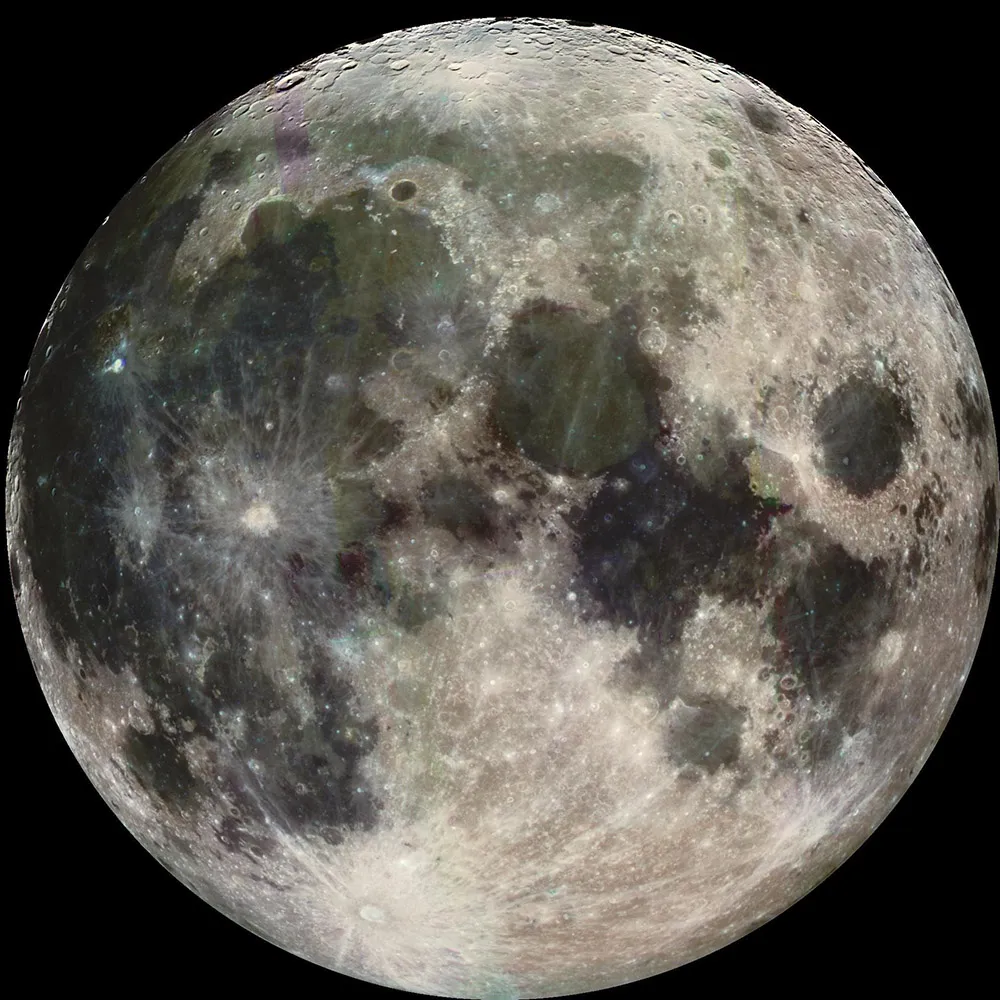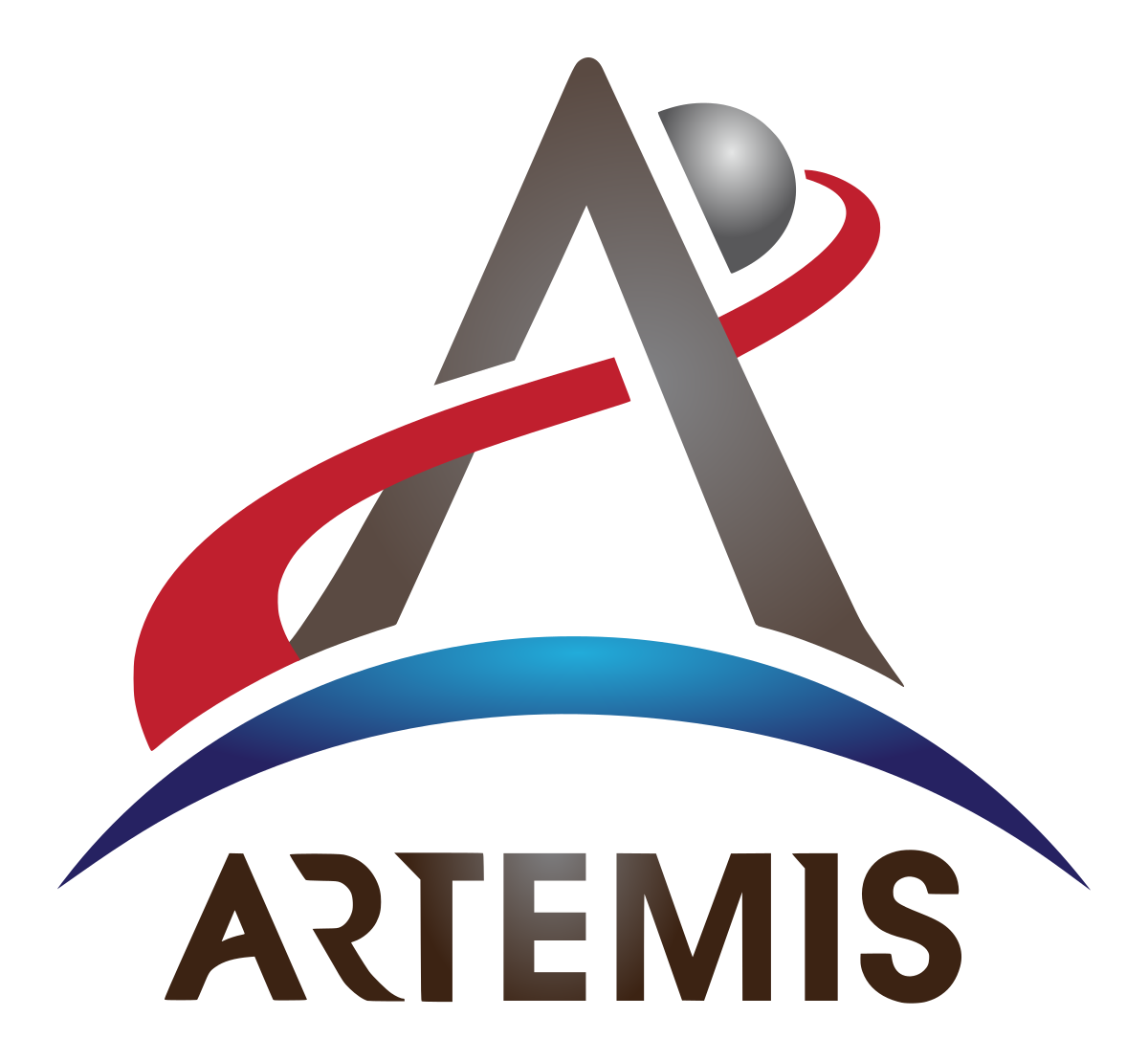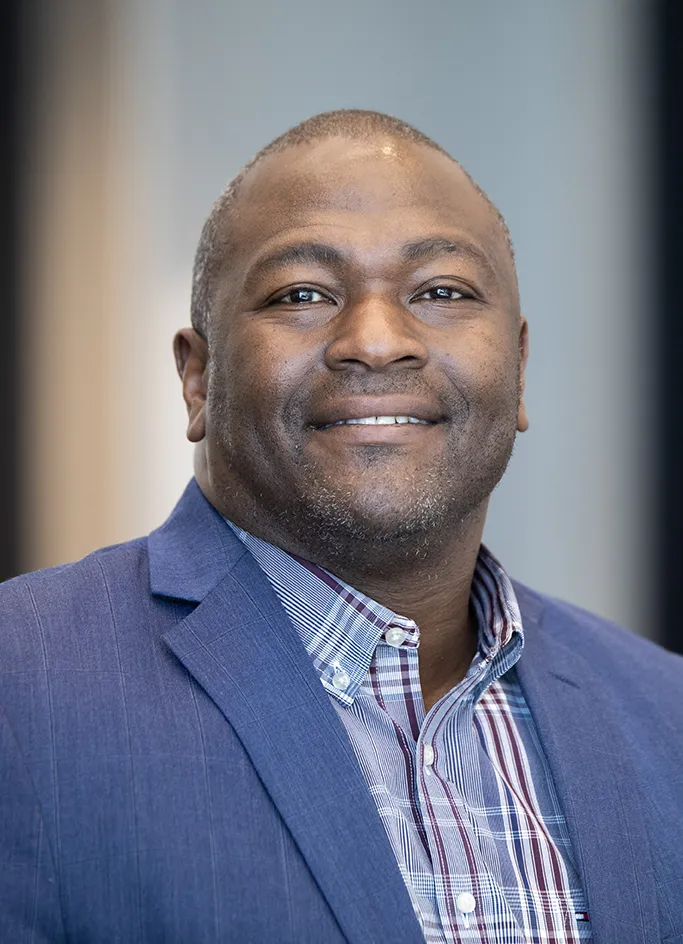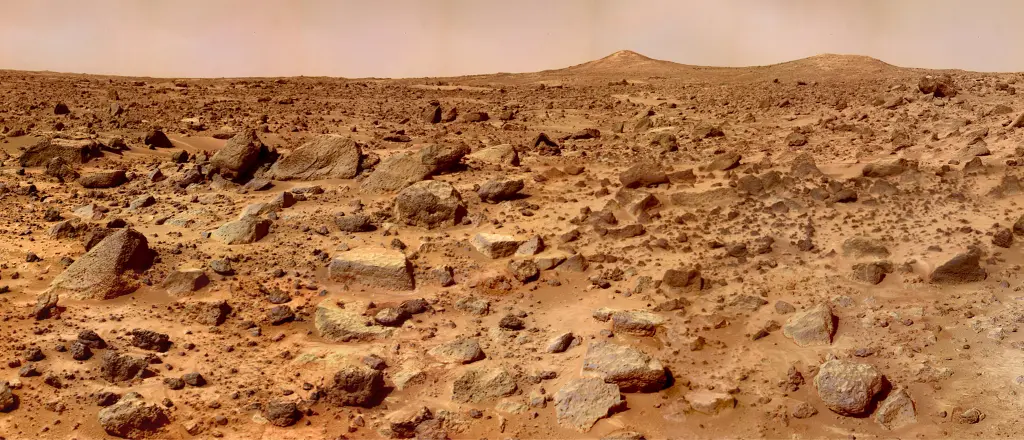
The ORAU-managed NASA Postdoctoral Program supports NASA’s Artemis missions.
NASA’s Artemis space flight missions will return human beings to the moon and, one day, allow for the possibility of humans landing on Mars. Artemis fuels the missions of scientists and researchers across the country, and ORAU is proud to play a role in supporting their vital work.
ORAU manages NASA Postdoctoral Program (NPP) fellowships, offering unique opportunities for highly talented U.S. and non-U.S. scientists to engage in ongoing NASA research projects at a NASA Center, NASA Headquarters or at a NASA-affiliated research institute. These fellowships, awarded annually for up to three years, are competitive and are designed to advance NASA’s missions in space science, earth science, aeronautics, space operations, exploration systems and astrobiology.

NPP Fellows are conducting critical research to support various aspects of the NASA Artemis missions. Their work includes ensuring the health and safety of the astronauts aboard the Orion spacecraft, advancing preparations for Gateway—the planned lunar-orbiting space station that serve as a pivotal step toward human exploration of Mars—and studying the unique environments astronauts will encounter on both the moon and Mars.
“When most people think about Artemis and spaceflight, they picture astronauts and rockets,” said Desmond Stubbs, ORAU director of interagency science strategy. “But so much is going on behind the scenes, and NASA NPP Fellows are in the thick of that activity. ORAU places fellows directly inside NASA centers. Their research is shaping the health, safety and success of crews bound for the moon and beyond.”

Desmond Stubbs, ORAU director of interagency science strategy, is excited about NPP Fellows’ involvement in NASA’s Artemis missions.
Here are just a few examples of how NPP Fellows are supporting the Artemis missions:
- Johnson Space Center in Houston, Texas: NPP Fellows in human physiology and behavioral health help NASA understand how long-duration missions affect the body and mind. Their studies inform countermeasures for Artemis astronauts like nutrition, exercise and even radiation shielding for crews with Orion (deep space missions) and Gateway (planned lunar-orbiting outpost as part of Artemis) missions.
- Kennedy Space Center in Cape Canaveral, Fla.: NPP Fellows advance life-support systems, plant biology, and in-situ resource utilization. Their work directly supports surface operations for Artemis III, where astronauts will test sustainable living at the lunar south pole.
- Marshall Space Flight Center in Huntsville, Ala.: NPP research in propulsion materials and advanced manufacturing feeds into the Space Launch System (SLS), the rocket carrying the Orion and Artemis crews. Fellows’ contributions in metallurgy, composites and propulsion analysis ensure SLS is safe, reliable and repeatable.
- Ames Research Center in Oakland, Calif.: Ames hosts space biology research, like the LEIA (Lunar Explorer Instrument for space biology Applications) payload, which will study microbial growth in lunar gravity. Designed with NPP Fellows’ input, the LEIA will be placed aboard Artemis II, the first crewed flight around the moon. NPP Fellows at Ames also advance autonomous systems and AI for spacecraft ops.
- Goddard Space Flight Center in Greenbelt, Md.: Heliophysics (study of the sun) and space weather research from NPP fellows is critical to astronaut safety. Their solar storm modeling informs trajectory planning and crew schedules to minimize radiation risk.
- Jet Propulsion Laboratory in La Canada Flintridge, Calif.: While famous for planetary robotics, NPP Fellows at JPL also strengthen navigation, entry-descent-landing and precision communications, which are all capabilities that translate directly to human flight. Their lunar mission systems work will feed into Artemis surface campaigns. This research informs how astronauts will partner with robotic scouts on the moon and Mars.

NPP Fellows’ research includes studying the surface of Mars.
Stubbs says he is looking forward to seeing how NPP Fellows will be involved in the upcoming Artemis missions.
- Artemis II, currently scheduled for April 2026, is planned to be a 10-day crewed fly-by of the moon in the Orion spacecraft. NPP Fellows’ research at Ames Research Center and Johnson Space Center is already baked into health monitoring and life sciences payloads, which contain equipment designed to conduct biological and biomedical research in space.
- Artemis III, currently scheduled for mid-2027, will be the first lunar landing since the Apollo program ended in 1972. NPP Fellows at Kennedy Space Center, the Jet Propulsion Laboratory, and Marshall support surface science, precision navigation and propulsion reliability.
“In addition, NPP planetary science fellows at Goddard and JPL are mapping lunar south pole sites and volatiles. This data will determine where astronauts will make the next giant leap for mankind [as NASA plans its next missions to put human on the moon again],” Stubbs said.
ORAU can proudly say NPP Fellows are already on the mission before the Artemis countdowns begin. Their research is embedded in the hardware, procedures and science that keep astronauts alive and productive on the journey back to the moon and beyond.
Learn more about the NASA NPP and meet some of the fellows.